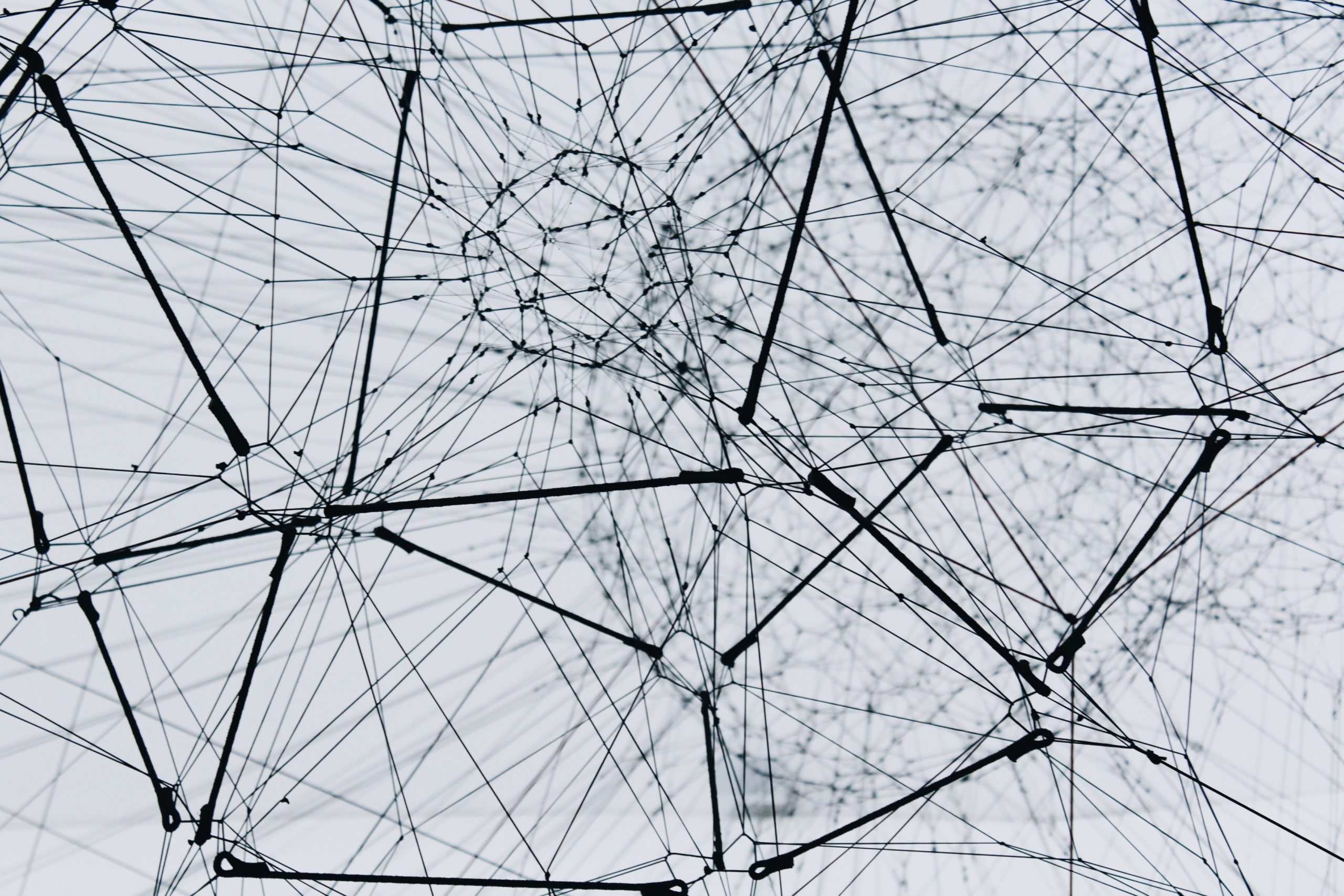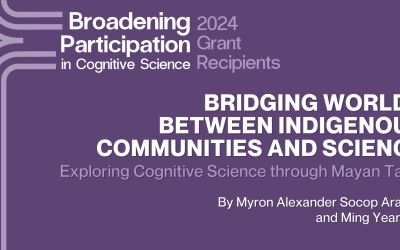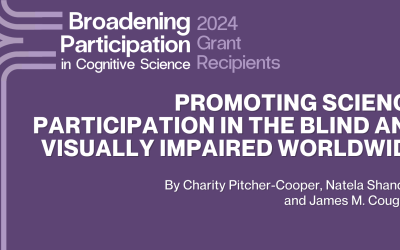By Valerie van Mulukom
Introduction
Unexpected and often unpleasant events are the name of the game this year, 2020. From a cluster of pneumonia cases to a full-blown coronavirus pandemic, killer hornets, and a bitterly fought USA general election, to name a few. Combined with a worldwide economic recession, many of us cannot believe this is actually happening in our lifetime, and some of us wonder if there are explanations to this series of unfortunate events that explain more than just meets the eye.
COVID-19 conspiracy theories appeared and spread almost as fast as the SARS-CoV-2 virus itself. While they may appear absurd or ludicrous to some, they are not harmless: COVID-19 conspiracy theories have been linked to a reduced adherence to recommended COVID-19 safety guidelines, antisocial interpretations of guidelines (e.g., hoarding), and reduced vaccination intention, not to mention discrimination, prejudice, and violence (e.g., the destruction of 5G masts).
It is therefore paramount that we understand how such conspiracy theories come to be, and why they spread. In a recently submitted paper covering a rapid review (you can find the preprint here), I and my 12 co-authors have argued that it was the inflammatory combination of having low levels of trust (in authorities, in people) amidst the emergence of a new and significant threat, and low levels of information in a context of unknowns and uncertainties, that created the perfect storm for COVID-19 conspiracy theories to proliferate. Many features of individuals who endorse COVID-19 conspiracy theories are familiar to cognitive scientists. When we better understand them, we may be able to reduce the power of misinformation and keep everyone safer.
Conspiracy theories & an unknown threat
The COVID-19 pandemic is riddled with uncertainties, such as future social, health, or economic perspectives: We have important questions about things like when we will next be able to see our relatives, how immunity works, and whether we will still have our jobs in six months.Moreover, the information about COVID-19 that is available is often complex or reported in piecemeal fashion, which means people may encounter incomplete or even contradictory information. The combination of a lack of information with huge uncertainties looming on the horizon can lead individuals to develop or adopt narratives to make sense of these events – including conspiracy theories. Such alternative explanations to official accounts are likely to arise following societal crises and can provide a way of coping with uncertainty by creating meaning and mitigating a lack of control. This toxic combination of uncertainty, violation of expectations, lack of autonomy, and lack of agency has been considered the COVID-19 threat.
However, this leaves out a crucial aspect of the pandemic: Not only do we have to deal with a great many uncertainties and unknowns, the virus is also a real, physical threat. The disease can have debilitating, long-lasting, or even lethal effects. What is more, we cannot see the virus with the naked eye, and in many countries we are not aware yet where it is spreading. This means that there is a constant threat not only to our livelihoods, but also our lives. This means that we need to be on guard for an unknown threat at all times, something which is exhausting at the best of times, and potentially toxic when combined with a cognitive profile composed of low levels of trust and information.
Distrust & threat
When you are already feeling low or have less financial leeway, you may experience the threat of potential future job loss (the uncertainty of a long period of furloughing notwithstanding) or even the prospect of extended social isolation under lockdown at an even greater intensity. As such, it is perhaps not surprising that low levels of psychological well-being and levels of income are associated with belief in conspiracy theories. However, not everyone who experiences high levels of threat endorses COVID-19 conspiracy beliefs. We suggest that the presence of distrust may be another major contributing factor.
Distrust can occur on several levels, cognitively speaking. On an intrapersonal and interpersonal level, personality traits such as the Dark Tetrad traits (Machiavellianism, narcissism, psychopathy, and sadism) are associated with distrust of other people and paranoia. In addition, this distrust can also be directed at authorities, such as scientists and governments. All those types of distrust have been associated with an increased belief in COVID-19 conspiracy theories.
As a result, having a tendency towards distrust when encountering a serious threat may lead to stockpiling, for example when one does not trust others to leave enough food or water, or the stockpiling of weapons at a more extreme end. Feeling threatened may also lead to discrimination and violence towards others who are suspected to be behind the threat, either as instigators or supporters. Such actions are in essence attempts to battle the sensed threat and to regain a feeling of safety and sense of control. These actions have all been associated with belief in COVID-19 conspiracy theories.
Misinformation & unknowns
We are still in the process of learning more about the coronavirus SARS-CoV-2 and the disease it causes, COVID-19: how it spreads, what the long term effects are, and so on. Furthermore, even the information if we do have may be complicated and changeable. This may render it less than fully accessible for many people, meaning that the threat continues to be shrouded in uncertainty and unknowns. Conspiracy theories can be welcome narratives, which are both easily accessible –often spread via social media in attractive forms as memes and videos- and understandable.
In line with this idea, belief in COVID-19 conspiracy theories has been associated with lower analytical reasoning, higher levels of epistemically suspect beliefs, and lower levels of education. This is further associated with less correct knowledge and more false beliefs about COVID-19. Those who question their own ideas and engage in critical thinking on the other hand are less likely to endorse these beliefs.
As a result of a combination of low levels of information in the face of an unknown threat, pseudoscientific health practices may be adopted instead of scientifically supported protective behaviours recommended by governments worldwide, and people may have a lower intention to receive a vaccination, when one becomes available – behaviours both of which have been associated with belief in COVID-19 conspiracy theories.
Conclusion
The COVID-19 pandemic has been a difficult time for all, pervaded by uncertainty. However, not all have adopted conspiracy beliefs during this demanding time – what makes some people more prone to endorsing conspiracy theories than others? Here, I have laid out a short overview of the cognitive profiles we found to be associated with a higher tendency to endorse COVID-19 conspiracy theories. In summary, people with cognitive traits leading to low levels of trust and information were found to be particularly prone to endorsing COVID-19 conspiracy theories. Evidently more research on the antecedents and consequences of COVID-19 conspiracy beliefs is necessary. Obtaining a good understanding of these factors is crucial to tailoring specific interventions to stop the spread of misinformation; the consequences of letting conspiracy theories spread without restraint could quickly prove dire.
Featured photo by Alina Grubnyak on Unsplash



